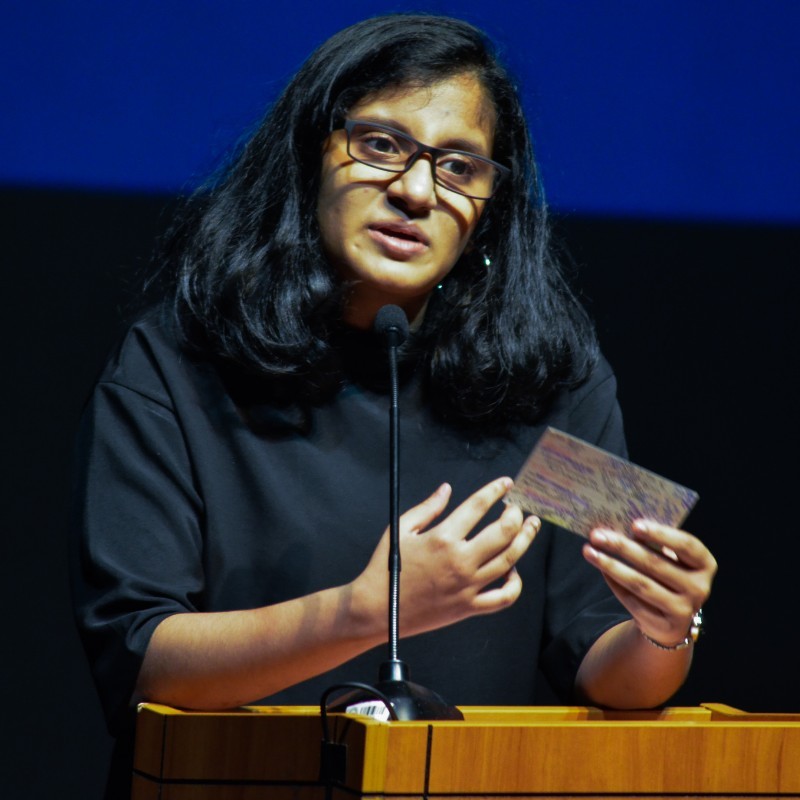The U.S. Agency for International Development (USAID) has temporarily frozen all foreign aid funding, triggering an immediate health crisis in 50 countries.
The World Health Organization (WHO) has warned that this halt jeopardizes critical programs targeting HIV, polio, and avian influenza (bird flu), potentially reversing decades of progress in disease prevention.
USAID Freezes Foreign Aid for 90 Days
On January 20, 2025, President Donald Trump signed an executive order imposing a 90-day freeze on all foreign aid programs, affecting billions of dollars in global health assistance. The decision, part of a broader push to reassess U.S. foreign spending, has disrupted health services in some of the world’s most vulnerable regions.
The immediate impact is being felt in countries reliant on USAID for essential medical services, including HIV treatment, polio immunization, and pandemic surveillance efforts.
According to the World Health Organization (WHO), the funding suspension could put millions of lives at risk as clinics shut down, vaccination drives are paused, and disease monitoring programs are dismantled.

HIV/AIDS Treatment in Crisis
The funding freeze has critically impacted PEPFAR (The President’s Emergency Plan for AIDS Relief), which provides life-saving antiretroviral therapy (ART) to more than 20 million people worldwide.
Without USAID funding:
- Thousands of HIV clinics in countries like Zimbabwe, Kenya, and Uganda have been forced to close.
- Over 500,000 children living with HIV are at risk of losing access to medication.
- Frontline health workers have been laid off, leaving patients without support.
“We are now turning away HIV-positive patients who rely on these medications to survive,” said Chiedza Makura, a health worker in Harare, Zimbabwe. “This is catastrophic.”
Polio Eradication Setback
The Global Polio Eradication Initiative (GPEI), a program supported by USAID and WHO, has also been severely affected by the funding freeze.
With immunization efforts paused, WHO fears that polio could make a resurgence, especially in countries that still record cases, such as Pakistan, Afghanistan, and parts of Africa.
Dr. Soumya Swaminathan, WHO’s Chief Scientist, said, “We were on the brink of eradicating polio globally. This funding freeze could allow outbreaks to return in communities where polio was nearly eliminated.”
Bird Flu Surveillance Halted
The USAID suspension also impacts avian influenza (H5N1) monitoring programs across Southeast Asia and Africa, where new virus strains are being closely watched.
Key consequences of the freeze:
- Early warning systems for bird flu outbreaks have been dismantled.
- Vaccine development funding has stalled, delaying potential pandemic response measures.
- Farmers and poultry workers are left without proper education on containing the spread.
“This is a dangerous situation,” said Dr. Mike Ryan, WHO’s Executive Director of Health Emergencies. “Halting disease surveillance now could put us at risk of another pandemic.”

Legal and Political Fallout
The USAID freeze has sparked backlash within the U.S. and internationally.
- A U.S. federal judge has ordered the Trump administration to start lifting the freeze within five days, after a lawsuit filed by humanitarian organizations argued the policy was “unjustified and unlawful.” (AP News)
- The European Union (EU) and United Nations (UN) have urged the U.S. government to restore funding immediately, warning that further delays could lead to widespread deaths.
- Developing nations affected by the cuts are seeking emergency funding from alternative donors, including China and the World Bank.
Will the USAID Freeze Be Lifted?
The Trump administration has defended the temporary suspension, arguing that a review of foreign aid spending is necessary to prevent financial waste and corruption.
However, health experts and humanitarian groups warn that even a short-term pause in funding could have irreversible consequences.
The WHO has urged the U.S. government to exempt global health programs from the freeze to prevent further harm.
Final Thoughts
The USAID funding freeze has already begun unraveling decades of progress in global disease control. As legal battles continue and international pressure mounts, the fate of these critical health programs remains uncertain.
If the suspension is not reversed soon, millions could face unnecessary illness and death.
How to help:
- Support global health efforts through organizations like Doctors Without Borders
- Stay informed via WHO Health Alerts
- Advocate for policy change by contacting your representatives via USA.gov
As the world waits for a resolution, health experts warn that every passing day without funding brings us closer to disaster.
This article has been carefully fact-checked by our editorial team to ensure accuracy and eliminate any misleading information. We are committed to maintaining the highest standards of integrity in our content.

A senior at Yale-NUS College with interests in developmental and labour economics, as well as creative non-fiction and poetry. Currently, I’m studying as an Economics major and an Arts and Humanities minor (focusing on Creative Writing) with heavy involvement in the Singaporean journalism scene and involved in research on economic history and educational policy. I’m working as an author for The Octant, Yale-NUS’ student publication, as a writer for Wingspan, Yale-NUS’ alumni magazine, and as a tutor for the NUS Libraries Writer’s Centre. | Linkedin




